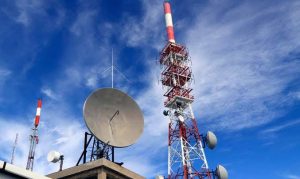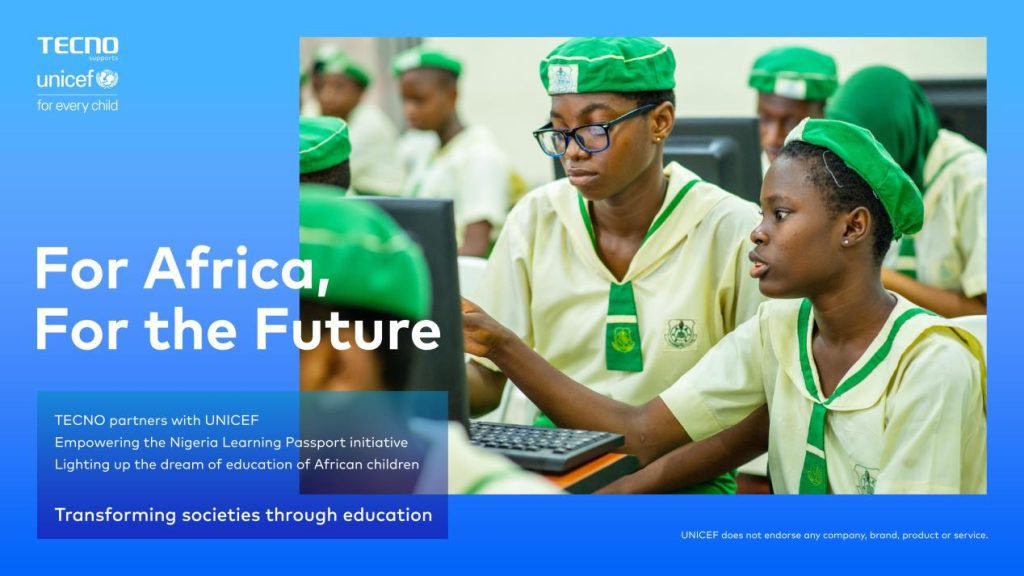
The Information and Communications Technology (ICT) sector has demonstrated remarkable stability in recent years, significantly contributing to the nation’s Gross Domestic Product (GDP). However, the sector, particularly the telecommunications sub-sector, is now exhibiting signs of distress that worry industry operators.
The sector’s recent struggles, including declining revenues, a drop in average revenue per user (ARPU), decreased GDP contribution, and reduced purchasing power of consumers, have been linked to stringent government policies such as the removal of fuel subsidies and the devaluation and floating of the naira.
Read Also: Nigeria’s ICT Sector Records $191 Million in Q1 2024, Surpassing Entire 2023 FDI
Notable experts, including economist and Managing Director of Financial Derivatives Bismarck Rewane, Chairman of the Association of Licensed Telecom Operators in Nigeria (ALTON) Engr. Gbenga Adebayo, Chairman of the National Association of Telecom Subscribers of Nigeria (NATCOMS) Chief Deolu Ogubanjo, and officials from the Global System for Mobile Communications Association (GSMA), have expressed significant concern. They warn that without intervention, the broader economy could face severe repercussions.
Sector’s Growth Trajectory
Over the past decade, the ICT sector has consistently grown, becoming a key contributor to Nigeria’s GDP. According to the Nigerian Communications Commission (NCC), the telecom sector’s GDP contribution increased from 7.7% in 2012 to 14.3% by the second quarter of 2020, representing a growth of N2.3 trillion. The ICT sector’s overall contribution peaked at 17.92% in 2021 and continued to perform well through 2022, contributing 16.66% to the GDP in the fourth quarter of 2023.
Recent Declines and Losses
Despite these contributions, the sector has seen a worrying decline. In Q1 2024, the sector’s contribution to GDP dropped by 12.60% quarter-on-quarter to N2.67 trillion, with a 9.89% decline in real terms. This decline is attributed to the sector’s weakening financial performance and sustained losses by telecom operators, driven by the economic challenges facing consumers.
MTN Nigeria reported a pre-tax loss of N575.69 billion in April, a sharp reversal from a N162.9 billion profit a year earlier, while Airtel Africa posted a loss after tax of $89 million for the fiscal year ending March 31, 2024. These losses are largely due to exchange rate depreciation, which has adversely affected both operators and subscribers.
Read Also: NCC Reports Telecom Subscription Decline, Telcos Gain New Subscribers via Number Porting
Impact on Consumers
The declining purchasing power of users is also impacting the Nigerian and African smartphone markets. In Q1 2023, Africa’s smartphone market, led by Nigeria, saw a 3.4% decline in shipments, the lowest since the start of the COVID-19 pandemic. Rising inflation and local currency depreciations have negatively affected demand, with average selling prices for smartphones increasing due to higher import costs and the introduction of 5G devices.
Call for Government Intervention
Industry experts stress the need for government intervention to address these challenges. Bismarck Rewane has highlighted the sector’s declining fortunes and warned that allowing the telecom sector to lose its vitality would have severe consequences for the broader economy. He advocates for tariff increases and deregulation to encourage competition and investment.
Chairman of ALTON, Engr. Gbenga Adebayo, emphasized the need to address the rising operational costs and challenges faced by the telecom sector. He stressed that failing to mitigate these issues would negatively impact operators and consumers, ultimately affecting the future of Nigeria’s digital economy.
The GSMA also emphasized the importance of the telecom sector to Nigeria’s economy, warning that a sustained reduction in industry revenue would not only impact service providers but also reduce the sector’s contribution to GDP and hinder digital adoption.
Overall, the ICT sector remains crucial to Nigeria’s development, driving innovation and economic growth. However, the current challenges necessitate immediate and effective government policies to ensure the sector’s continued contribution to the nation’s economy.
Read Also: President Tinubu Approves ICT Hub for Ekiti to Boost MSMEs
Below is how we can help you promote your event, organization and products/services . This is the best you can get from this global platform of over decades experience.
PACKAGE:
First Leg: Full page Promotional package showcasing your Invitation Card, Banner/Flex, 3 different Photographs and brief of the coming event. Also your picture/Name will be the headline News in digivation blog(Pre-Event)
Second Leg: Full Page Promotional package of the event showcasing 5 different photographs plus short audio/visual clip of the event. Also org. picture/Name will be the headline news our blog(Post-Event).
Rate: N150,000 Only For Both Pre and Post Events. (Rate is only Applicable during the Promotional Period)
For further inquiries, contact the undersigned:
Hilary Damissah (Editor)
Mojisola Alabi ( business Development)
Email: digivationtv@gmail.com
Chief Imo Ukwa(Advert Consultant) 08063779938



